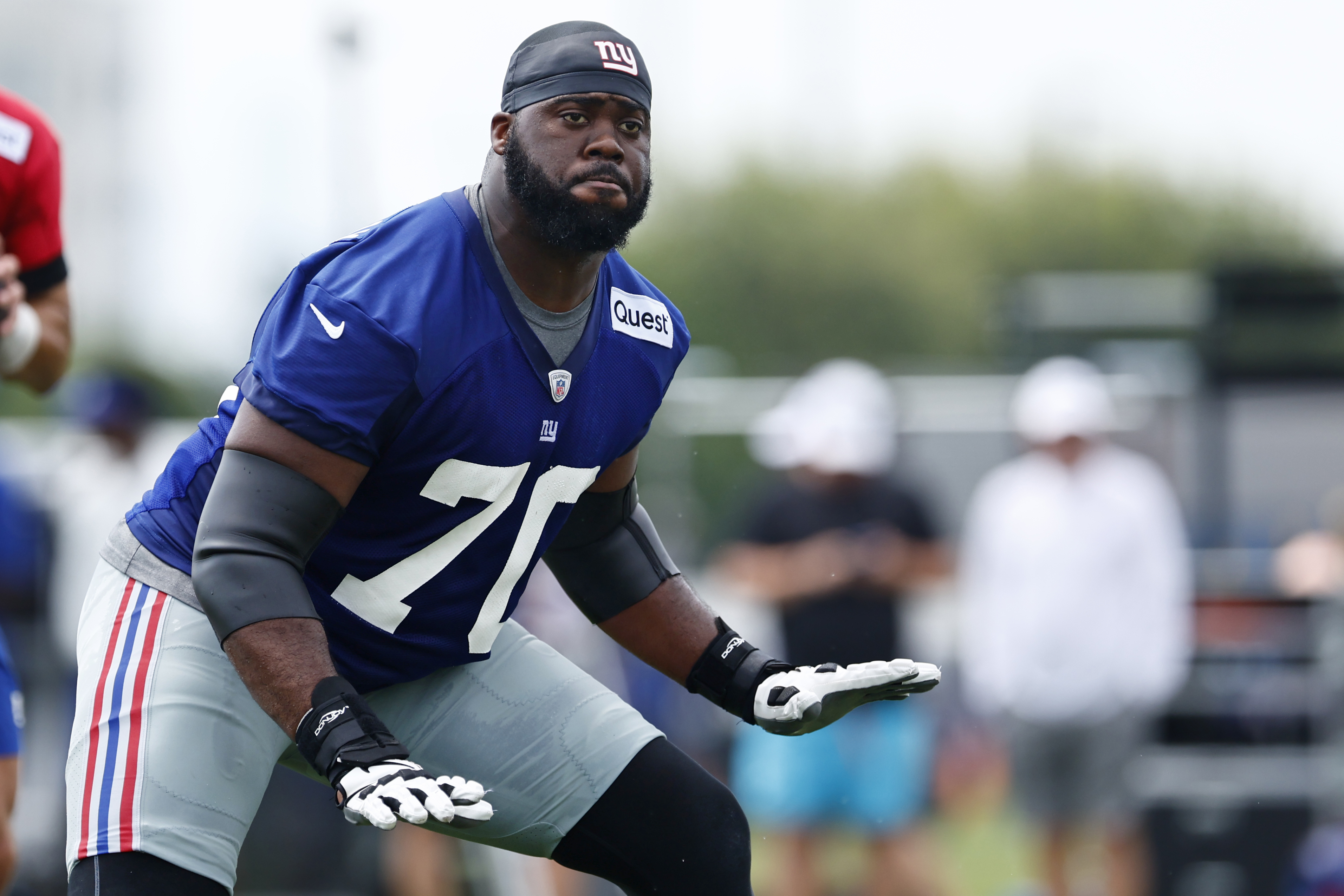What to Know
- Gov. Cuomo says at least 70 children separated from their parents at the border are being housed in NY facilities with federal contracts
- However, de Blasio's number of how many children are in NYC are higher; He said 239 children were the Cayuga Center alone
- Nearly 2,000 children were separated from their families over a six-week period after Jeff Sessions announced a new 'zero-tolerance' policy
Gov. Andrew Cuomo says more than five dozen children separated from their parents at the border under the Trump administration's hard-line immigration policy are being housed in New York facilities that have federal contracts -- and the Democrat vows to sue the government over what he calls an "inhumane" tactic.
Most of the facilities where the 70 kids are being held are in the New York City area, Cuomo said Tuesday. He also said that he expects the lawsuit to be filed within two weeks, and that it will claim the children were taken from their parents without due process under federal and state laws.
In a press conference Wednesday afternoon outside the Cayuga Center, New York City Mayor Bill de Blasio said he was shocked at how close the policy has hit home.
“All of us are shocked by the images we’re seeing from the southern border of children being separated from their parents, of children being kept in cages, parents having no idea where their children are or what will happen to them. We are shocked at something we think is happening far away,” De Blasio said, adding “I’m further shocked to find out today how much this policy has come home, right here in New York City.”
However, de Blasio's number of how many children are in New York City are far higher. He said 239 children were just in the Cayuga Center, a daytime organization that provides social services for minors, as a direct result of Trump’s separation of family policy, with the youngest child being 9 months old.
Since the program began, more than 350 minors have come through the center as a direct result of the policy, de Blasio said.
Many of the minors that have come through the center had lice, bed bug bites, chicken pox and other physical and contagious ailments.
“Professionals we met made it clear this has been a traumatic experience for them,” he said.
According to de Blasio, the lack of federal transparency has left local officials in the dark regarding just how many children are in their facilities.
De Blasio urged the Trump administration to get rid of the policy and to be transparent, saying the country needs to know exactly how many children there are, where they are and what their condition is.
In New Jersey, the commissioner of the state's Department of Children and Families sent a letter to employees Wednesday relating informing them that the department and the state are working to figure out how to provide support to the children and families being "hurt by his inhumane and cruel policy."
"While I agree that there are times when removing a child is necessary, it should always be an option of last resort, used only when there is a specific and imminent threat to a child’s safety," Commissioner Christine Norbut Beyer wrote in the letter sent to department employees, obtained by NBC News. "In the case of the federal policy of separating families at the border, the children’s safety and wellbeing do not appear to have been considered at all."
Local
The Trump administration has wrongly said the family separations are required by law. But on Wednesday, amid growing outrage, Trump abruptly reversed himself and signed an executive order halting his administration's policy of separating children at the border. He said, however, that the order does not end the "zero tolerance" policy that crimnally prosecutes all adults caught crossing the border illegally.
"It's about keeping families together while ensuring we have a powerful border," Trump said of the order.
The New York governor had been among the chorus of bipartisan people, from former First Lady Laura Bush to an ever-expanding list of celebrities, to blast the Trump administration's policy of separating families as "inhumane."
Nearly 2,000 children were separated from their families over a six-week period in April and May after Attorney General Jeff Sessions announced the new "zero-tolerance" policy that refers all cases of illegal entry for criminal prosecution. Prior procedure had limited prosecution for many family entrants, in part because regulations prohibit detaining children with their parents since the children are not charged with a crime and the parents are.
The current holding areas have drawn widespread attention after journalists gained access to one site Sunday. At a McAllen, Texas, detention center hundreds of immigrant children wait in a series of cages created by metal fencing. One cage had 20 children inside. Scattered about are bottles of water, bags of chips and large foil sheets intended to serve as blankets.
Audio of sobbing children calling out for their parents dominated the discussion Monday. "Papá! Papá!" one child is heard weeping in an audio file that was first reported by the nonprofit ProPublica and later provided to The Associated Press.
Trump administration officials said they do not like the family separations either — calling it the result of legal loopholes — but insist migrants who arrive illegally simply won't be released or loosely kept track of.
"The United States will not be a migrant camp and it will not be a refugee holding facility," Trump declared. "Not on my watch."
However, on Wednesday, in a dramatic turnaround, Trump announced he would be signing an executive order later that day that would end the process of separating children from families after they are detained crossing the U.S. border illegally.
"We want to keep families together. It's very important," Trump told reporters during a White House meeting with members of Congress. "I'll be signing something in a little while that's going to do that."



